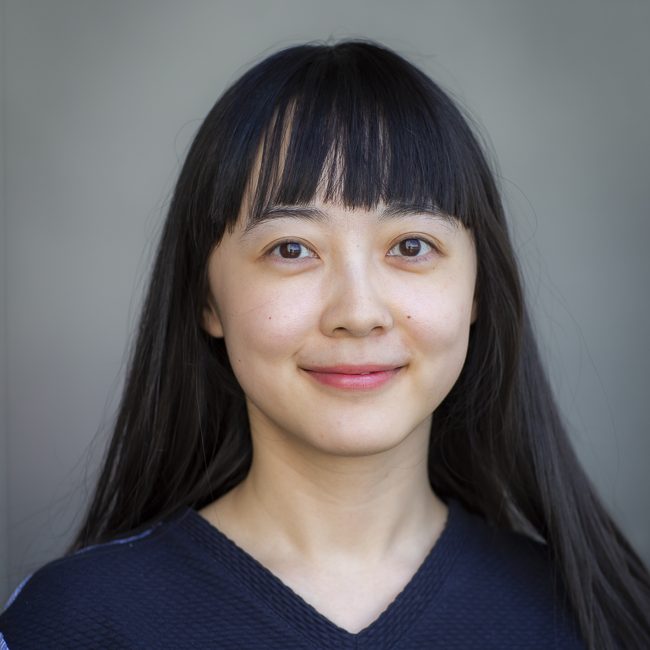
Bin Wang
Monash University
Bin is currently working as a technical assistance at The Australian Regenerative Medicine Institute (ARMI) and is pursuing a Master of Data Science at Monash University. Her Bachelor degree of Statistics at North China University of Technology was awarded in 2015, with the top 10 overall performance in the Faculty of Science. Her past works aimed at the intersection of parameters inference, mathematical modelling and financial prediction. She was intrigued about taking the theoretical statistics, mathematical modelling and data science tools in a more applied area. Now she is trying to apply clustering algorithms to explain the gene expression pattern and establish a mathematical model to simulate the gene regulatory networks which responsible for the heart formation.
Can you give me a quick overview of the type of mathematics you are studying and its potential impacts for the broader community
I have been working with mathematics in the past 8 years. I used to conduct statistics analysis on financial data and build models to analyse and predict the influence of various elements on economy index. Now, I am studying the principles behind all kinds of models and algorithms to deal with biological data. My thesis is about inferring and simulating complex gene regulatory networks by combing mathematical approaches with bioinformatics, to improve our understanding of organ formation.
You attended AMSI BioInfoSummer, what drew you to this event? What was the most valuable part of AMSI BioInfoSummer for you in terms of furthering your career in mathematical sciences?
This is my final year in graduated study so future planning is meaningful to me. I am considering my future career direction in bioinformatics and biostatistics fields, bioinfosummer19 has provided me insights which are important for my future career path.
Where do you see yourself in five or ten years time?
Being a cross-disciplines data scientist by using mathematical theories, computational tools, programming languages and algorithms to solve mysteries in real life.
I am devoting myself to apply my knowledge into practical areas, like nature, biology, medicine. With the development of technology, people have accumulated huge amounts of data, so my goal is to build an efficient pipeline to investigate and solve the mysteries hidden in the big data.
Who are your mentors? Who do you admire?
Rafael Irizarry, who is also the special speaker for this event. He gave me huge inspiration and opened up a whole new range of career opportunities and pathways for me. By listening to his biography, I have been inspired because of multiple possibilities in biology in data science and statistics.
You received a CHOOSEMATHS Grant to assist your attendance at AMSI BioInfoSummer. How important was this in terms of your ability to attend and fully participate in the sessions throughout the week?
It’s a great honour to receive the CHOOSEMATHS grant, I would not be able to attend BioInfoSummer without the support. BioInfoSummer will be one of my most memorable experiences of 2019.
How important are initiatives such as the CHOOSEMATHS Grants in terms of fostering the participation and achievement of women in mathematics, particularly in terms of access to networking opportunities and further training opportunities?
Despite the increasing number of female scientists, women are still in a weak position in scientific research. CHOOSEMATHS Grants empowers women including me to get involve into different kinds of research opportunities. I think this is the first and most important step in inspiring women to participate in science.
The CHOOSEMATHS Grants are part of a broader program being delivered by AMSI Schools with support from BHP Foundation to turn the tide on Australia’s maths deficit and strengthen maths education and participation of women across the discipline. What do you see as the big challenges facing maths in Australia, particularly for women?
Compared to male researchers, female researchers also play the role of motherhood. Many women have to give up their long-term studies in order to raise their children and assume family responsibilities. For female researchers, they sometimes have to choose between career (academic) and family.
Best piece of advice you’ve received?
Stay hungry, stay foolish. Never give up!
If a peer asked you if they should attend AMSI BioInfoSummer, how would you describe the conference to them?
BioinfoSummer is not only a conference for learning, but also a rewarding opportunity that is packed with lectures and workshops. It’s an amazing place you can show your research and outcomes, exchange ideas, build networks and extend your knowledge and skills.

